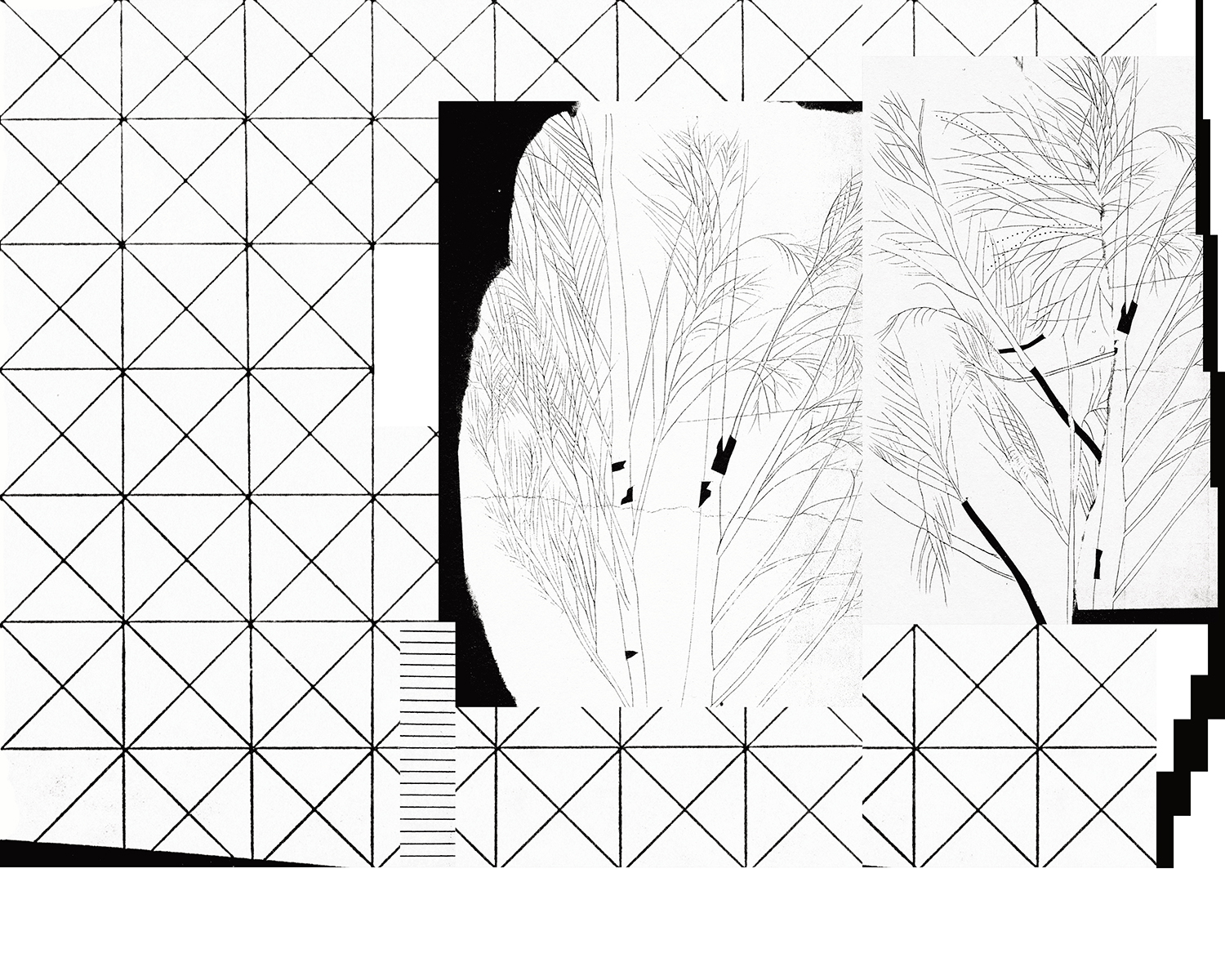Gabrieli, Svetlichny, Filanovsky. All Falls Silent
The final concert of the Tuning musical programme will see the Canzoni of the Venetian composer and chief organist of St. Mark’s Basilica Giovanni Gabrieli sound out alongside works by contemporary Russian composers on
The Tuning programme explores the interrelation of music and architecture, and All Falls Silent will conclude this exploration through a comparison of works from the sixteenth and twenty-first centuries. Renzo Piano—the architect behind the reconstruction of

Gabrieli’s Canzoni will be followed by two pieces written in 2022 especially for Tuning. The first of these, Boris Filanovsky’s Unterwassermusik, sees the composer set himself the unusual task of writing a piece for a small ensemble in a vast space.
Gabrieli’s Canzoni will be followed by two pieces written in 2022 especially for Tuning. The first of these, Boris Filanovsky’s Unterwassermusik, sees the composer set himself the unusual task of writing a piece for a small ensemble in a vast space.
How are the musicians to coordinate if the composer becomes effectively useless, and they themselves are unable to hear or see one another? How, on the one hand, are we to do without electronics and complex synchronization circuits, while on the other avoid transferring the responsibility for bringing the piece together to the listeners? Ultimately, how are we to translate the answer to these questions from the technical to the poetic plane? The musical answer hangs in balance between these two understandings. Musicians both play together and do not, they interact and they do not, there is a score and there is not, and Unterwassermusik can be performed with either one or with two pianos. The main character of the work thus becomes the space, which at once unites and separates.
Anton Svetlichny, whose composition All Falls Silent gave this concert its name, thinks even more broadly:
In the musical study of
Giovani Gabrieli (Venice, 1556-1612) was a composer, organist, scholar, the nephew of Andrea Gabrieli, and one of the most influential musicians of his times. He was responsible for the musical programmes at St. Mark’s Basilica and at the Scuola Grande di San Rocco.
Anton Svetlichny (Rostov-on-Don, 1982) is a composer and pianist. He graduated with a degree in Composition from the Rostov State Conservatory. He was a winner of the Saint Petersburg based Pythian games composing competition. He is a member of the Resistance of Material group of composers and a co-founder of the InEnsemble contemporary music ensemble.
Boris Filanovsky (Leningrad, 1968) is a composer and curator. He graduated with a degree in Composition from the Rimsky-Korsakov Saint Petersburg State Conservatory. From 2000–2012 he was the artistic director of the Pro Arte Institute’s ensemble of contemporary academic music eNsemble. He is a member of the Resistance of Material group of composers.
The Moscow Contemporary Music Ensemble (MCME) was founded in 1990 by the composer Yuri Kasparov, with the participation of the leader of the Russian avant-garde Edison Denisov. MCME was the first Russian ensemble aimed at promoting twentieth and twenty-first century music and supporting contemporary composers. Since its founding, MCME has overseen more than 1000 premieres.